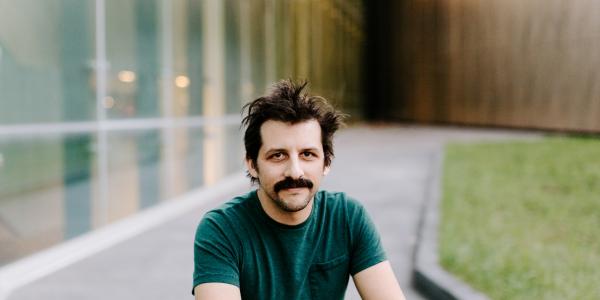Physics Colloquium with Steven Prohira on Ultrahigh Energy Neutrino Detection
Detection of ultrahigh energy (UHE) neutrinos is key to identifying the most energetic objects and processes in the universe. These are the sources of UHE cosmic rays, which have been detected at earth with energies exceeding 1 Joule per nucleon (roughly the kinetic energy of a bird in flight). As UHE cosmic messengers, neutrinos are unparalleled for their ability to travel from their sources to the Earth, interacting only weakly with matter, and therefore able to traverse great distances unimpeded. UHE neutrinos can also provide a powerful handle on physics beyond the standard model. However, their flux---the number of neutrinos arriving at Earth per unit time---decreases significantly with increasing energy. This, coupled with their disinclination for interaction, makes them very difficult to detect at the highest energies.
In this talk, I will discuss these challenges, and the extensive experimental work that has been done so far to meet them. I will start with a general overview of the experimental landscape, and then focus on our new experimental effort, the Radar Echo Telescope (RET), which uses well-known radar technology to attempt detection of the cascade produced by these elusive neutrinos as they interact in polar ice. I will discuss the theory and storied history of astroparticle physics and the radar echo method, and recent experimental work including our summer 2023 deployment of a prototype instrument. I will conclude with a discussion of the exciting UHE neutrino landscape in the near future.
This lecture was made possible by the William C. Ferguson fund.

